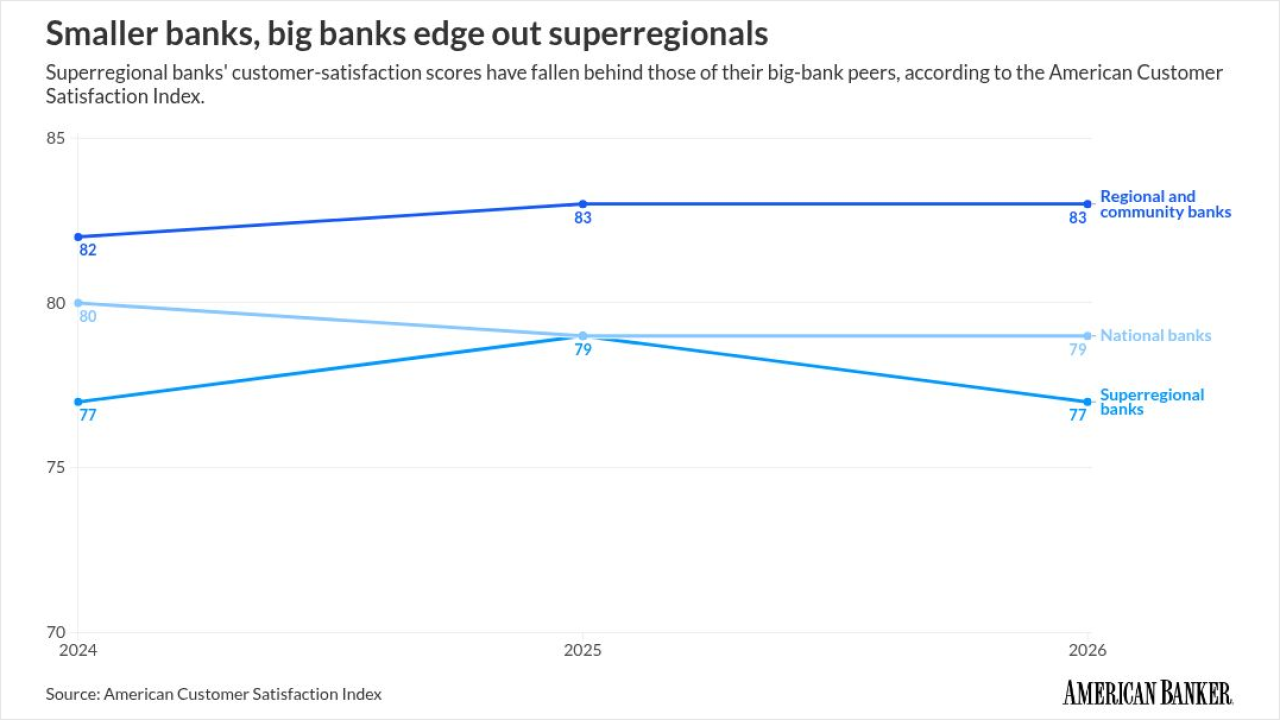Credit unions need to prepare for a rough week as the economic fallout from the coronavirus pandemic becomes more widespread.
There were over 35,000 U.S. COVID-19 cases in the United States as of mid-morning March 23, according to

“[T]here’s really no way to sugarcoat it, this week is going to be one of the greatest economic disruptions since the Great Depression,” Mike Schenk, chief economist at the Credit Union National Association, said during a Monday press call.
Schenk forecasted the economy contracting “very severely” in the second quarter followed by much slower contractions during Q3 before slight growth as the year comes to a close. CUNA is forecasting a 12% annualized decline during Q2, contraction levels not seen since the Great Depression. And that's a modest forecast compared to other estimates. Goldman Sachs has doubled CUNA's forecast to a
Government analysis pegs the total U.S. economy at roughly
That grim forecast arrives as Congress continues to scramble to piece together coronavirus relief measures. Senate Republicans last week rolled out an economic stimulus package that would provide roughly $1 trillion in aid to U.S. businesses and citizens. Senate Democrats blocked that legislation Sunday evening, but deliberations continue and a vote is expected sometime on March 23.
In the meantime, the National Association of Federally-Insured Credit Unions has called on the Senate to ensure relief legislation provides parity for banks and credit unions. NAFCU President and CEO Dan Berger, in a letter to Senate leadership, noted that banks are covered under the paycheck protection program unlike credit unions since CUs are not defined as financial institutions in the legislation’s language.
Toronto-Dominion Bank plans to give most employees the option to return to the office this month and is aiming for workers to officially transition to their new working models by June.
The Biden administration once again extended the pause on student loan payments enacted to help borrowers during the COVID-19 pandemic, this time through the end of August.
Employees will still have some flexibility to work from home, but are strongly encouraged to collaborate with colleagues in person, according to people familiar with the matter.
With economic fears growing, groups from across the financial services industry have called on Congress to
Meanwhile, regulators have
"The coronavirus pandemic is causing tremendous hardship across the United States and around the world," the Fed said in a statement, continuing that though great uncertainty remains, “it has become clear that our economy will face severe disruptions.”








